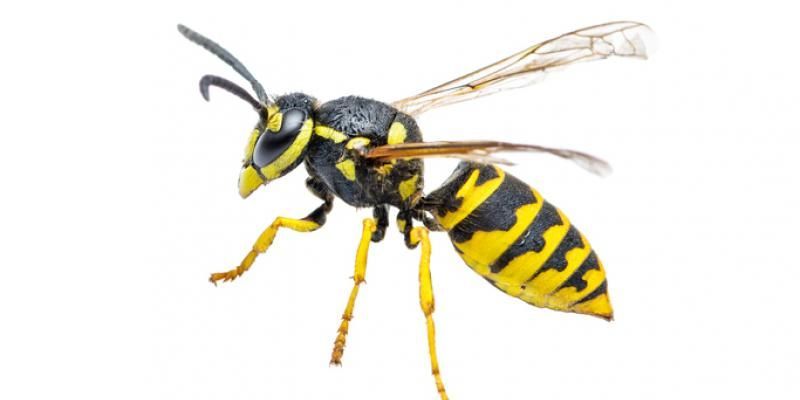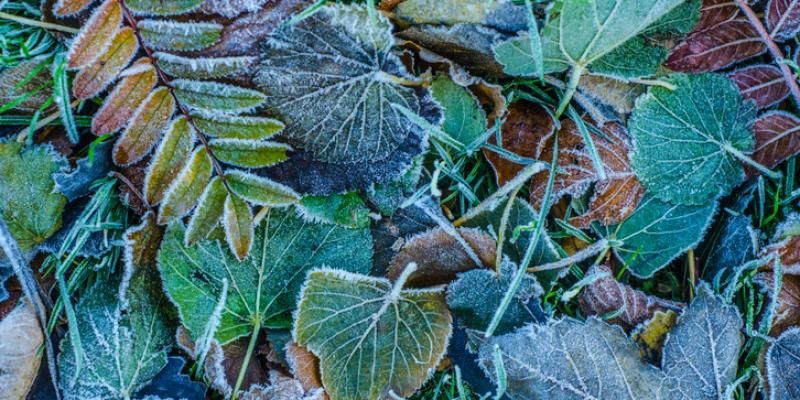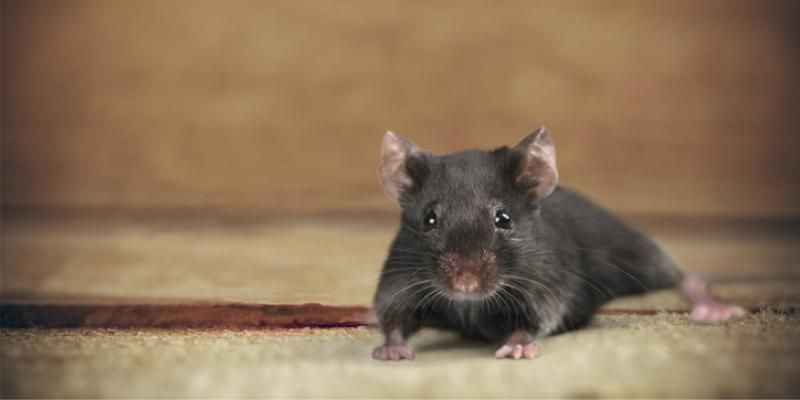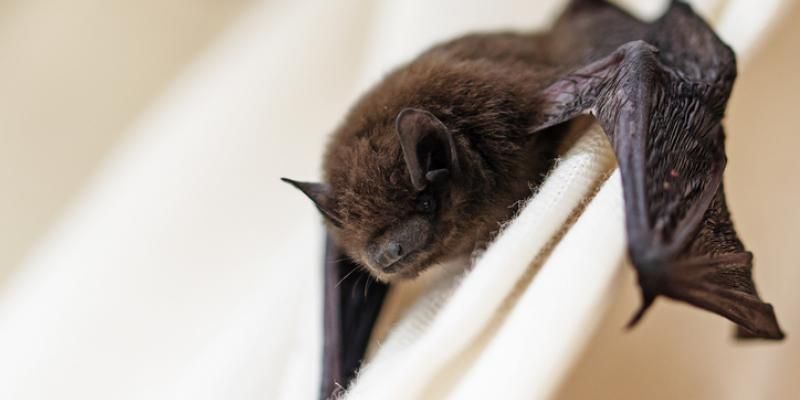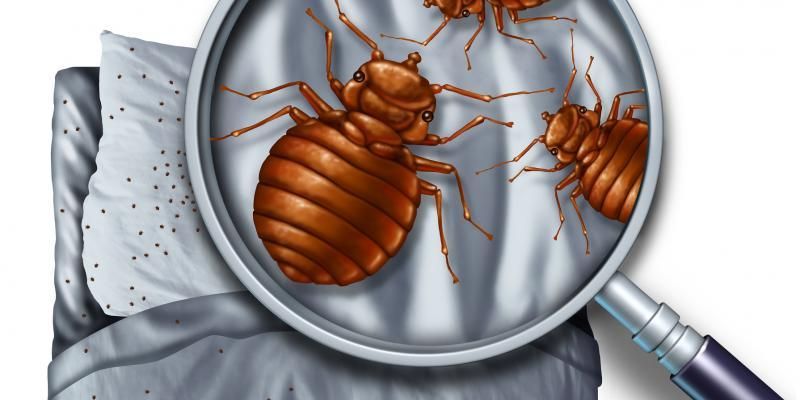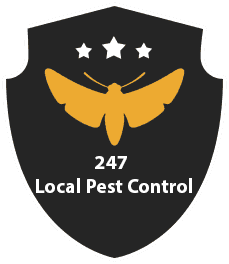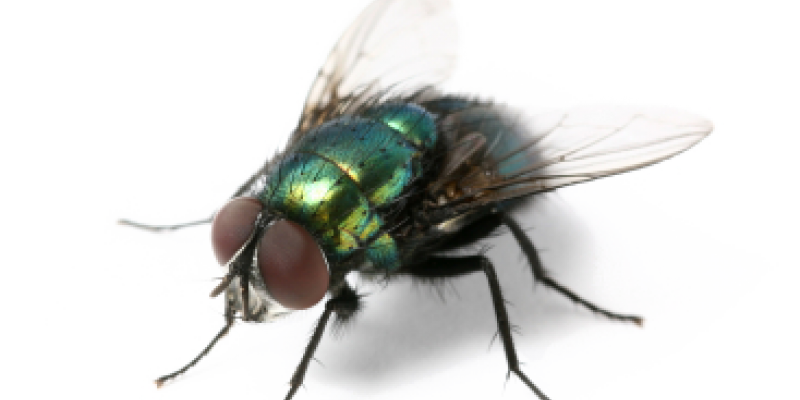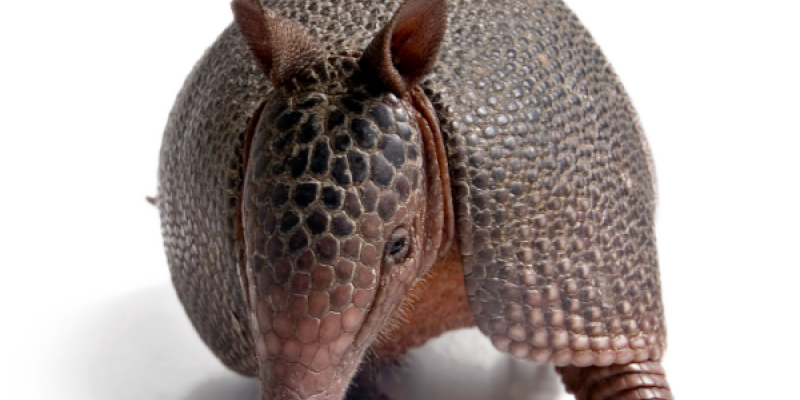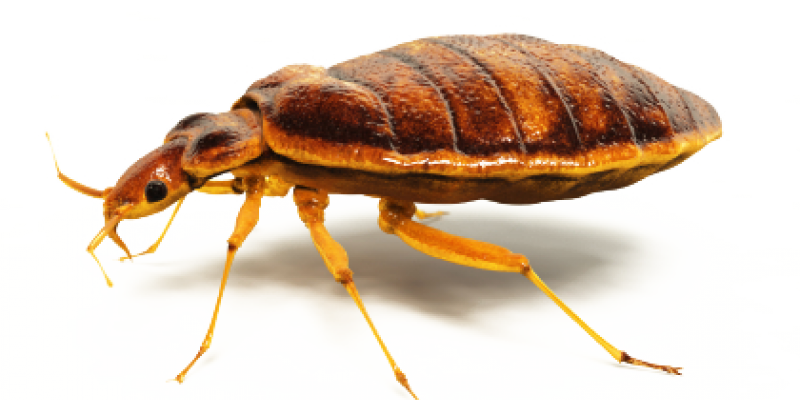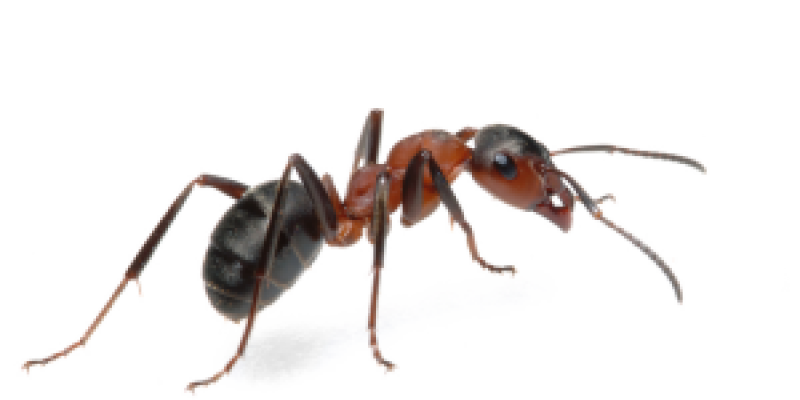IDENTIFY ATTIC INFILTRATORS TO KEEP YOUR HOME SAFE
IDENTIFY ATTIC INFILTRATORS TO KEEP YOUR HOME SAFE
Pitter patter. Thump. Squeak. They’re the noises that every homeowner dreads hearing — the indicators that a pest has infiltrated the attic . You didn’t consent to share your home with a rodent! Plus, if left unchecked, many unwanted guests can cause expensive damage or pose health risks. Hiring a professional to trap and remove attic pests is a must. The experts at 24/7 Local Pest Control can help rid your home of these freeloading animals.
Sound and smell are two of the most reliable cues when determining if an animal has gotten into your house, and they can actually indicate which type of pest is present. If you notice an unidentified noise coming from your house, you’ll want to act quickly. Of course, your house may make plenty of sounds on its own thanks to pipes, floorboards, and settling. To help you identify potentially destructive animal invaders, here’s a convenient guide.
SQUIRRELS
You’ll want to keep these bushy-tailed critters in the trees and out of your home. You’re likely to hear them moving around in the early morning and early evening. Squirrels make a fast scamper sound in the attic. They’ll leave lots of droppings behind, which are cause for sanitary concerns. Squirrels need only small holes to enter the home, so you’ll want to seal and secure any openings to the attic once a professional has trapped and removed the animal(s).
SNAKES
These reptiles can be creepy enough in the wild. If snakes get inside your house, it’s a whole different story! It’s not often that these non-venomous make their way to your attic. If they do, it’s likely because they’ve followed the scent of rodents in your attic. The best way to get rid of the snakes is to remove away their prey. It can be difficult to hear snakes, but you may notice a slithering noise. Using snake traps and sealing entrances to your home is the best course of action.
OPOSSUMS
You may be accustomed to seeing these critters when going for a walk at night. Their opposable thumbs actually make opossums great climbers. Most typically, an opossum that has infiltrated your home is a mother looking to give birth. That means more unwanted guests on the way. You’ll likely be able to smell the large droppings that these animals leave behind. Their steps sound slow and heavy — making them difficult to discern at times. You may also hear a scratching noise if they fall in between the walls. You’ll want to contact a professional right away to remove these animals because if they die inside the home, they will produce a terrible odor.
BATS
Bats are big fans of attics and chimneys. As nocturnal creatures, you’ll notice their activity at night. They’ll leave the home to hunt, especially in the early evening. While inside your attic, you may not hear much from a small group of bats. However, these animals tend to cluster in colonies. A big group of bats will make all kinds of noise. You’ll hear flying, crawling, and squeaking all through the night if bats have infiltrated your home. The odor of their droppings will become noticeable as the colony increases in number. The bacteria in these droppings can cause health concerns if left unchecked. It’s important to contact a professional who can help remove these pests with one-way exclusion devices.
RATS
These rodents are active year-round, and they’ve made themselves one of the most common critters to infiltrate attics. Rats breed in high numbers, so a small problem can turn into a big one pretty quickly. You’ll notice light scurrying and a pitter patter noise at night. They leave behind droppings, creating a potential health hazard. Of course, rats don’t need a large opening to enter the home. So taking extra care to seal your property after removing the critters is a must.
RACOONS
You’ve probably been the victim of raccoons ransacking your garbage bins before. It’s no surprise that these critters would look for a way to your home as well. Their ability to climb gives them access to any potential openings in your roof or attic. If raccoons have infiltrated your home, you’ll likely hear loud, heavy walking and thumping. They come and go to scavenge for food at night, creating noticeable noises. Just like opossums, raccoons often enter the home to give birth to their young, so you’ll want to be sure to remove any babies as well. Once you’re rid of these critters, you’ll want to seal all entry points thoroughly — even bolting down potential holes with steel, as raccoons can worth their way through many lighter materials.
Beyond simply not wanting to share your home with live animals, pest removal is important for sanitary reasons. As droppings — full of disease-causing pathogens — amass over time, you and your family could be at risk. Animals that die in the attic can also spread disease and cause terrible odors. There’s also the possibility that critters that invade your home can cause damage by chewing on wires and ducts.
Contacting a pest-removal professional is the best course of action if you believe an animal has invited itself in. Visit our wildlife services page to contact one of our experts and learn about all of the services 24/7 Local Pest Control provides.

